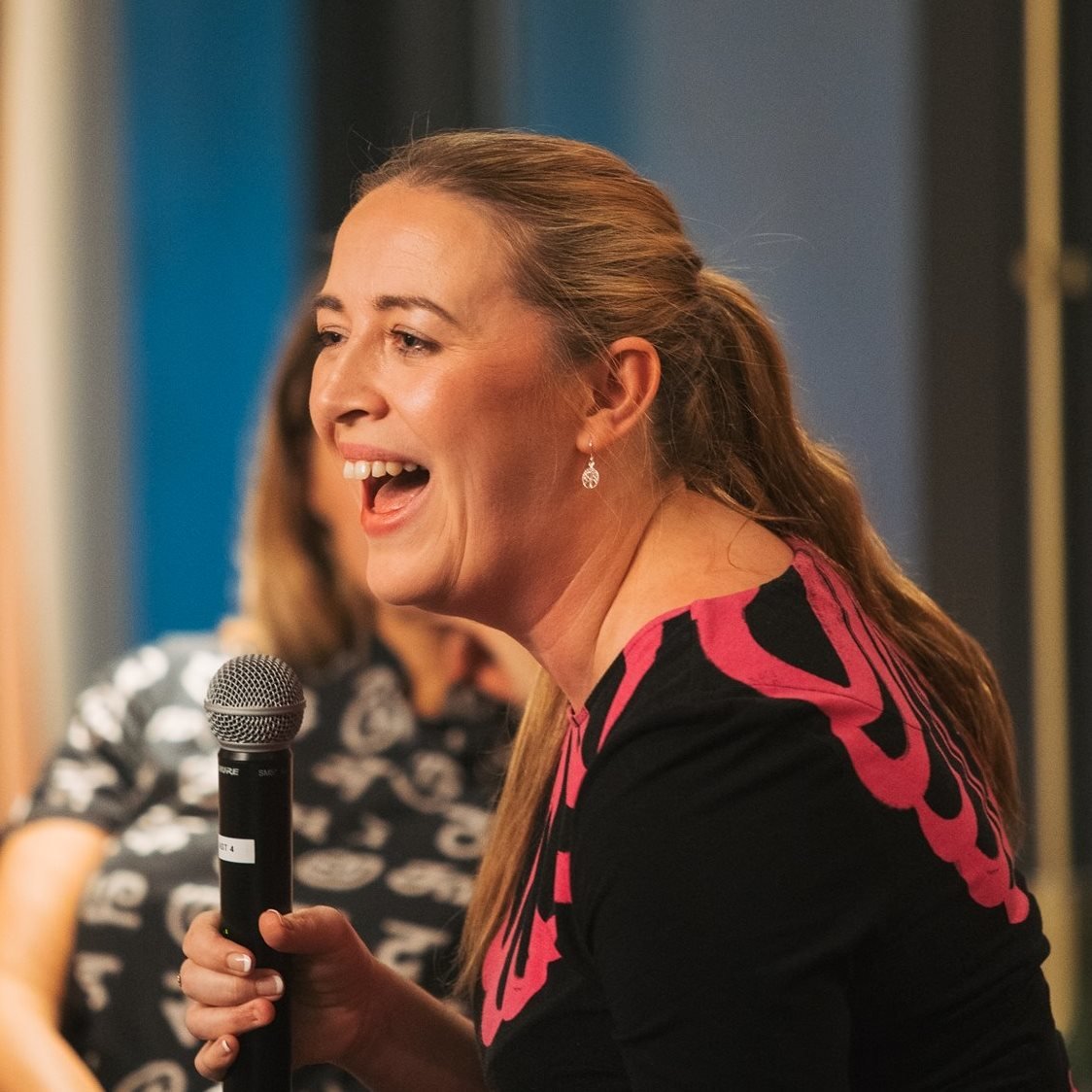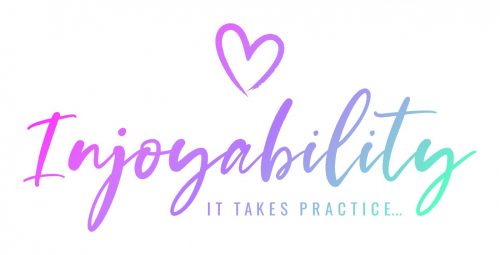Myself and Colm have a great marriage and we’ve had an amazing relationship for almost a decade. Obviously we do of course have arguments and frustrations and I want to slap him when he’s snoring and keeping me awake- but for the most part we’re a really good team!
One of the things I credit with that, is knowing each other’s love language. Many years ago, I came across a book called the ‘5 Love Languages by Gary Chapman’ and wow- it made so much sense!
Imagine you’re in a relationship, you’re dating or you’re married- you know that there is real love and connection there but why oh why do they irritate or frustrate you so much at times? Why are there times when you feel disconnected or unloved?
Most likely- you speak different love languages.
There are 5 love languages and they are:
- Words of Affirmation– this would consist of compliments, heartfelt spoken appreciation and acknowledgements, deep conversations about your relationship, life, love etc
- Quality Time- this is exactly what it sounds like. It’s undivided attention, no phone, no TV, no distractions, just you and your partner together doing something that you enjoy.
- Acts of Service– sounds odd but this means doing things that you know your partner would appreciate- picking up something you know they need when you’re on your way home, sticking on a wash for them, picking them up from a night out
- Receiving gifts– again, exactly what it sounds like but it doesn’t mean it has to be expensive things. It can be a token that shows ‘I saw this and I thought of you’
- Physical touch– this can be affection, holding hands, kissing, hugs, cuddles and of course, sex.
According to Gary Chapman, we all have a primary and secondary language in which we express and feel love. My primary love language is ‘Words of Affirmation’ and my secondary is ‘Quality Time’. And Colm… he’s completely different!
The key thing is that we all tend to give or show love the way we want to receive it. That’s what feels natural to us. If our love language is different to our partner- we can run into challenges.
What are your thoughts- would you have an idea as to what your primary love language is based on the above?
So, even if you can identify your own love language- how do you know what your partners love language is?
The advice given by Gary Chapman is to really pay attention to how they’re naturally drawn to expressing love and bear in mind, it could be completely different to you! It’s about paying attention to their needs, their wants, what they’re asking for and what they give out about as well!
The secret to a great relationship is communication and you need to know your partners love language in order to communicate love to them.
I’ll give you an example…..
When Colm and I first met, it was the typical dating/start of a relationship. We spent quality time together, we bought each other little gifts, we did nice things for each other, we affirmed each other with our words and we were physical. All of the love languages were demonstrated at the beginning…..
But when that honeymoon period wore off and we were living together and had our normal day to day life- there were challenges. Yes, we would have loved to be able to stay in that care-free honeymoon period but that’s not real life! He annoyed me with what once was his cute quirks and vice versa!
To me, Colm was prioritising getting things done more than having those long, late night chats that I loved. He was doing all these things for me because his love language is ‘Acts of Service’ but to me, him doing all these things meant absolutely nothing to me, it simply wasn’t important so I didn’t feel as connected to him. And I, at every chance I got, was trying to have a meaningful conversation with him as an expression of my love but it just frustrated him! Sounds like the beginning of the end right?
Wrong!
I’d forgotten about the love languages but I brought them in and everything made sense. I realised that for Colm to feel love, I had to express that through ‘Acts of Service’ and for me, he had to express it to me through ‘Words of Affirmation’.
It completely shifted everything.
I started doing more of what I know is important to Colm- little things like looking after admin, booking his car in for a service, anticipating things that he would need to do and looking after some of them for him. And he started using words of affirmation to express his love for me. So we thrived.
It took/takes a lot of work and we have to stay on top of it because it‘s not natural for either of us but we know it works.
So, whether you’re single or in a relationship, my advice is to spend a little time exploring what your love language is and what it means to you.
If you’re in a relationship – get curious about what love language your partner speaks. If they happen to be the same as you, then you’re a lucky duck and you probably won’t have a hard time feeling loved by one another!
And if they aren’t the same, then like myself and Colm- you’ll have to work at it as it won’t come naturally to you. But it’s such a great opportunity to learn how to love each other better, meet each other’s needs more and take your relationship to a new level.
If you’re single, start loving yourself more based on your own love language! Talk to yourself in a loving way, book a regular massage, go away by yourself for a couple of days, make yourself a gorgeous meal each week, declutter your environment or buy yourself a gift because you’re you and you love you!
However you approach it, you can only win!
Now, I’d love to hear from you!
Get in touch and let me know your thoughts on this! Do you know your love language? Do you want to explore it more? How do you think it’s impacted past relationships.

Who Am I?
Honestly… I’m a walking, talking contradiction.
I am ambitious but I’m also incredibly lazy, I will always seek out the easiest route possible. I can be quite selfish at times, but I’m also selfless and give my resources of time, energy and attention to others when they need it. I am such a scaredy cat, I mean I’m always scared – of what people will think of me, of making an absolute balls of something but at the same time, I’ve got bucket loads of brave and I still step forward even if I’m scared. I love parties but I’m shy and quiet. I’m shy and quiet but I put myself out there and show myself to the world though my work. I feel lovable and loving but at times I don’t. I can be passionate and another day be apathetic. I love flexibility and spontaneity but I’d be lost without a plan for the day and my to do list! I value security and safety yet I’m a risk-taker. I am extremely patient but not when sitting in traffic (unless there’s great music on and I have a coffee). I’m an introvert but I’m also a leader.
This for me, feels like the next level of knowing who I am and yeah, she sounds confusing but she’s much more real! But what I’ve realised is I don’t have to choose between ambition and ease, between being selfish and caring for others, between being brave and being scared, between being with people and being by myself, between being passionate and not giving a shit. I can be all of those things because I am, I can’t deny it and I’m guessing you’re the same – a walking talking contradiction. Being real, being truly yourself will mean that you are both. Sweetie, you are allowed to be both.
Years ago, this realisation would have left me feeling very unhinged but now, as I honour myself more, I can tap into how I’m feeling and understand what I need in this moment. Then I can respectfully give myself what I need and know the reason why – because I’ve given myself permission to be both.





